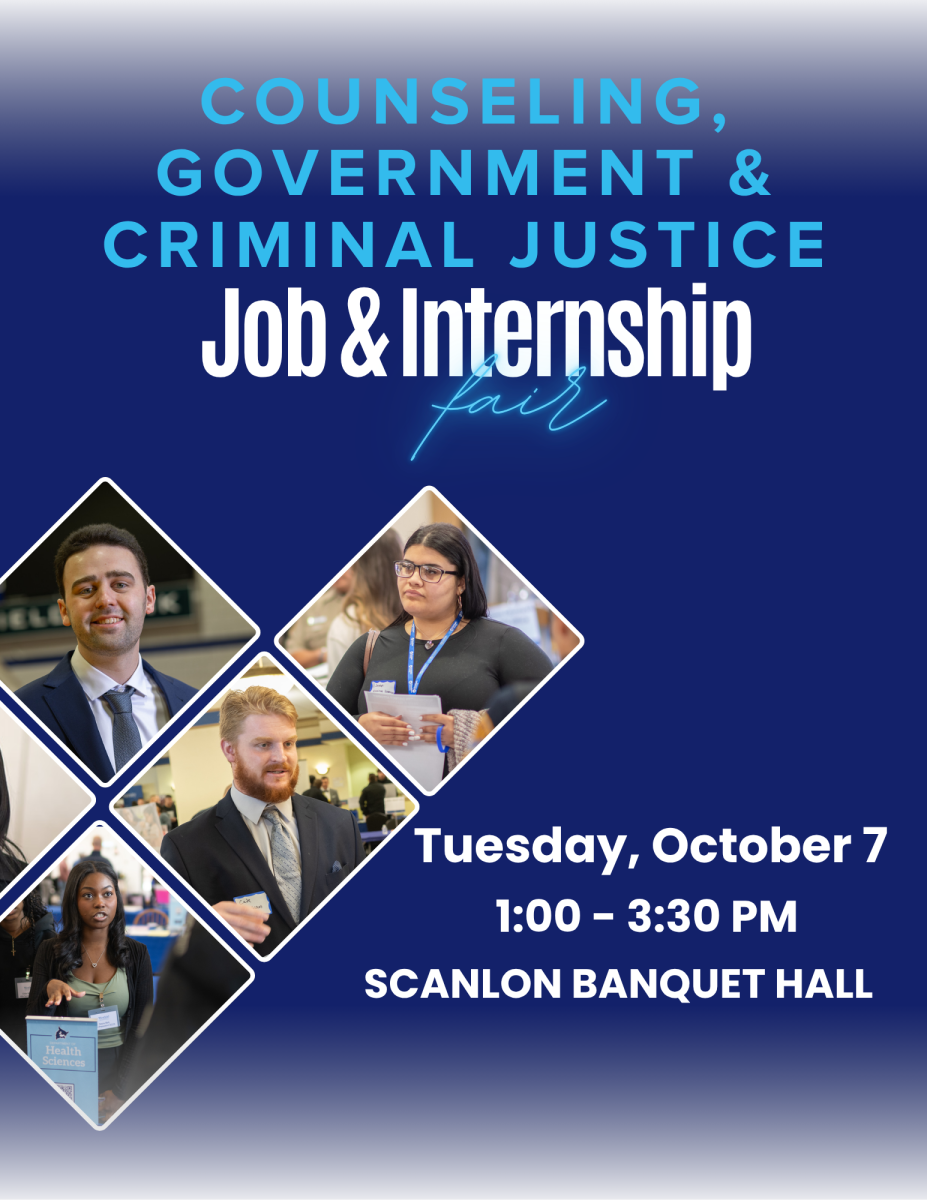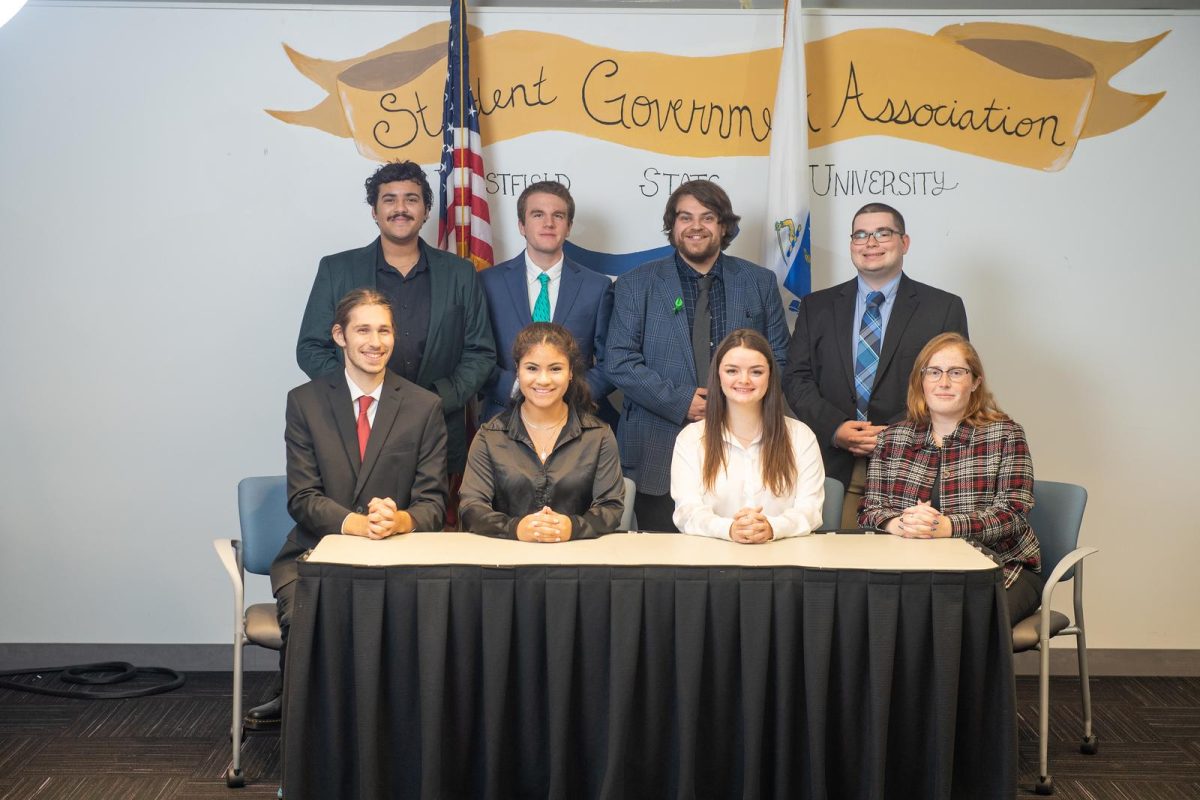WESTFIELD, MA- Westfield State University students have begun the hunt for internships this year with an added challenge: facing an almost “post-pandemic” workfield.
WSU Students have had their workforce perspective and experiences change from Covid 19 and the pandemic. The pandemic has made the terms “working from home” and “remote” into the narrative, when the world was turned upside down about a year and a half ago. Classrooms had to follow suit with in-person being replaced by Zoom aka virtual classrooms.
Yet, while in college you still need experience before you go into the workforce, no matter the world’s climate. Jobs have been in an uprise going from a whopping 14.8% unemployment rate in the start of the pandemic to a more than half decline with a 4.6% unemployment rate in October 2021.
A lot of students find their career experience through internships. Westfield State University has a career center on campus, which works to help students find their way, even with the difficulties of the pandemic. But, there still were struggles.
“Internship applications were significantly reduced during the height of the pandemic. This was due to in large part to half of internship sites being cancelled. Some industries were more harder hit than others—almost all travel and tourism internships, for instance, were completely halted” said Giselle Frechette, associate director of Westfield State’s Career Center.
Compared to the 2019-2020 school year, Westfield State saw a sharp decline in student participation for Internships; almost a 200 student difference.
There have also been some positives that came out of this awful time as well. Commuting is/was now a thing of the past, as many internships were and are remote.
Just like classes, internships can now be done online, meaning that there are no more hours wasted in traffic. Flexibility is also a key detail, as one’s schedule can be flexed to include the internship, along with other errands that need to be done.
But, there are also some negatives. Westfield State communication professor Max Saito said that having remote internships removes the personal and social aspects one gets from being in person, like not knowing the environment and the people around you.
“If you meet in person, that’s also very nice- building trust..getting to know somebody (coworkers) is a plus. If somebody who really excels in communicating and connecting with people, that person does not do it (over zoom)”. Saito says.
Students will always need to have a job in the future as well. Simply put, without a job people would be without any money. This is where job security comes into play. Job security, “the probability that an individual will keep his or her job” (Definitions.net) is now more important than ever with people being laid off from their jobs, or frantically searching for a second or third one to make ends meet during the pandemic.
Students have therefore greatly considered job security more than ever. Westfield State senior Madi Dufries agreed with this statement, saying that she probably would not take an unpaid internship if she wasn’t gaining credits from it.
“Yes (job security matters to me), especially now it is so hard to give up your time for a nearly full time job and do it all for free. Had my internship been unpaid I probably wouldn’t have done it because I needed to make money over the summer to pay for school.” Dufries said.
With a total of 433,156, 393 vaccines administered (as of November 10th, 2021)and the average hourly pay increasing to $30.96 (as of October 2021) the job and internship field looks like it is going nowhere.






























